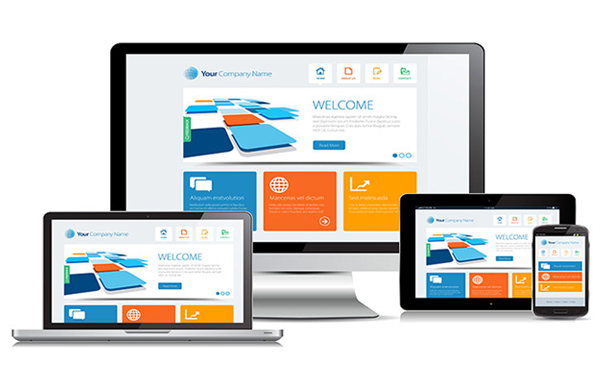Table of Contents
It’s hard to imagine that anyone would set out to build a WordPress website that’s just — bad.
Still, if you surf the Internet for a while, you’ll surely find plenty of websites that don’t fulfill even the basic standards of usability and good design. So how does this happen?
There are two very important things you should keep in mind when building a WordPress website. The first one is common sense — it’s much easier to make a bad website than a good one. There’s a strong chance that people who own bad websites simply didn’t know any better. They made what they knew how to make.
The other is that the road to hell is paved with good intentions. When working with WordPress, it’s easy to make bad tradeoffs. You can do things thinking they’re improvements and ruin something you didn’t think was related. It’s easier than it looks.

Bad Security Practices
Ransomware is a growing form of hacking. Between 2015 and 2017, global damages from ransomware attacks have risen over 15 times to reach $5 billion. Big businesses and corporations aren’t the only targets of ransomware. Small businesses are a nice target, too. Sometimes, however, it’s really easy to stop ransomware. The infamous WannaCry malware could have been stopped by a simple patch or an upgrade to newer software.
But patching means downtime and upgrades cost money. In fact, many of the important security features are seen as nuisances. Things like two-factor authentication and setting file permissions take time and can be annoying. So, in order to save time and money, you skip the update. You use old software and out-of-date plug-ins. You don’t bother with tracking admin activity. And soon enough, you get a message saying that you have to pay a certain amount of bitcoins if you want to access your website again.
Too Many Plug-ins
One of the best things about WordPress is its plug-in friendliness. Using third-party plug-ins, you can greatly extend the number of features you have at your disposal. You can get an incredible insight into the performance of your website. You can make building new pages easier. You can integrate your website with your social media accounts. Really, there’s little you can’t do with a good plug-in.
But do you know how many plug-ins are too many plug-ins? Probably not, and you’re not alone. The exact number of plug-ins you should install is hard to gauge. Unless your website starts acting funny. It’s one of the clear signs that your plug-in frenzy has gone too far. You get bloated databases that have to handle too many queries. You get too many HTTP requests. Some plug-ins will leave gaping holes in security. And soon enough, your website will become too slow to work.
Sticking with a Bad Host
It’s natural to want your website to grow. The more visitors it has, the more content you want to add to attract even more visitors. If it’s an online store, you want to add more product descriptions and images. And one of the things that stand in your way are the limits set by your hosting package and web host’s capabilities. If the host can’t handle your growing website or the number of visitors, you should change it. If they offer you to upgrade to an unreasonably expensive package, you should also change it. Otherwise, you will stifle your website’s growth.
But migrating a website isn’t easy. If you don’t know how to do it on your own, you might even need to hire someone to do it for you. Staying with a host you’ve outgrown is never a good decision. Sooner or later, the problems caused by it will outweigh the inconvenience of having to move the website. It’s bound to happen. So why not get it over with as soon as possible.
Don’t Do Backups
When you have a website, you should make your peace with the fact that you’ll be constantly tinkering with it. That’s the way it works — if you’re not improving your website, you’re falling behind the competition. However, you will eventually make a change for the worse. And that’s exactly what backups are for — if you have any.
Your web host might do automatic backups of your website. You might think you can rely on them for a copy of all the important data when a disaster strikes. And you probably can, but you surely won’t get the latest version of the data. The host will back up data periodically, and everything you added since the last backup can be lost. Of course, you can make your own backups frequently. It’s just more convenient not to think about it until it’s too late.
Website owners have to understand that having a website is constant hard work. They should also be aware that their websites are targets for people who want to steal or extort. In both cases, choosing the most convenient course of actions is likely to lead to undesirable outcomes. The easiest way to ruin your WordPress website is to avoid working on it.





